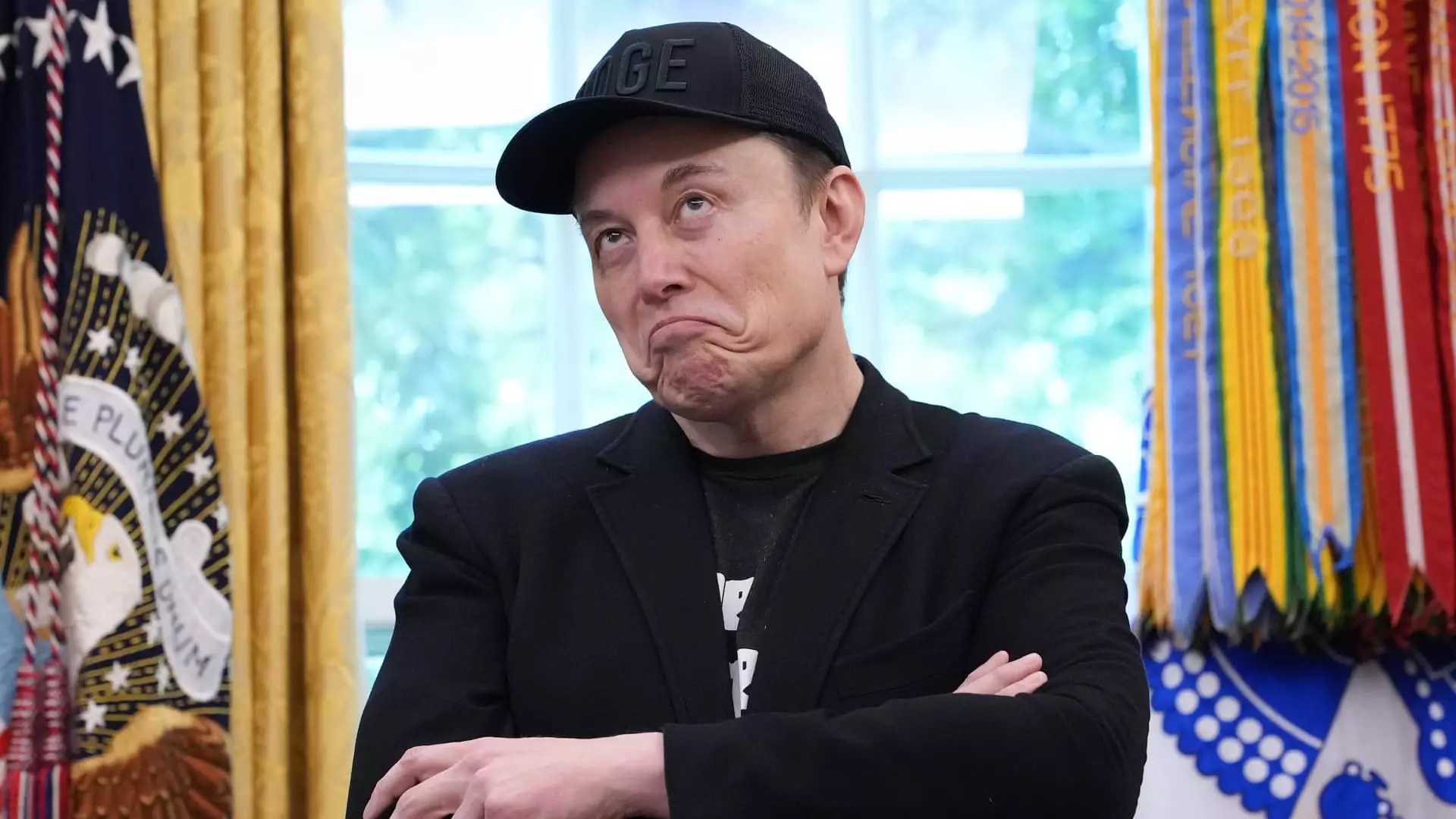In recent weeks, Elon Musk has publicly voiced his opposition to the U.S. government’s latest spending bill, highlighting a deep concern about its long-term economic impact. His criticisms underscore a broader tension between tech innovation and fiscal responsibility. Musk’s critique is not merely political posturing; it embodies a conviction that unrestrained deficit spending jeopardizes America’s future. While politicians often focus on short-term gains or election cycles, Musk’s stance advocates for a more sustainable and visionary approach to national finances. His vocal opposition hints at a growing awareness within influential sectors that unchecked debt accumulation could hinder innovation, economic growth, and environmental progress—areas Musk has passionately championed.
The Bill’s Content and Its Discontents
The legislation in question, passed narrowly through the House, presents a complex mix of tax cuts, increased spending, and policy shifts. While proponents tout it as a necessary boost for the economy, critics like Musk argue that it prioritizes short-term political wins at the expense of long-term stability. The bill’s inclusion of substantial tax reductions, coupled with cuts to vital social programs, further intensifies concerns about economic inequality and sustainability. Notably, it reduces support for renewable energy initiatives and electric vehicle incentives—areas where Musk’s companies thrive and push technological boundaries. This indicates a clear conflict between the bill’s policy directions and Musk’s commitment to advancing clean energy and sustainable transportation.
Financial Risks and the Future of Innovation
The Congressional Budget Office’s estimate that the bill could add over $3 trillion to U.S. debt over the next decade paints a daunting picture. Musk’s labeling of the bill as “DEBT SLAVERY” highlights his belief that excessive borrowing can enslave future generations in a cycle of debt servicing. Such a perspective challenges the traditional narratives of fiscal policy, pushing for a reevaluation of priorities. Musk’s stance isn’t merely ideological; it is driven by a pragmatism rooted in the future of technological innovation. Heavy debt and fiscal mismanagement threaten to stifle the investment needed for groundbreaking advancements in renewable energy, transportation, and space exploration.
The Personal and Public Battles Impacting Markets
The feud with former President Trump adds an intriguing dimension to Musk’s political activism. Musk’s criticism of Trump’s policies, especially those adverse to electric vehicles and renewable energy, has triggered volatile reactions in Tesla’s stock market performance. The significant drop in Tesla’s value during their public spat illustrates how intertwined personal disputes and corporate fortunes can become. While the market has since stabilized, this episode underscores the susceptibility of innovative companies to political upheavals and policy shifts. Musk’s outspoken stance serves as a reminder that technological progress often faces resistance from entrenched interests and political inertia, yet leadership requires resilience and a clear vision.
Musk’s critique of the recent budget legislation exemplifies a broader debate about the balance between economic growth and fiscal responsibility. His advocacy for sustainable spending, green energy, and technological innovation pushes us to reconsider what kind of future we are building. It’s not enough to chase short-term political wins; long-term planning, fiscal prudence, and environmental stewardship must guide national policy. Musk’s willingness to challenge the establishment—despite personal and financial risks—embodies a broader fight for a future where innovation is prioritized over short-sighted politics. As stakeholders across sectors observe, his stance is a provocative but necessary reminder that responsible leadership is essential to ensuring a resilient, prosperous future for all.


Leave a Reply